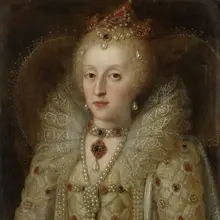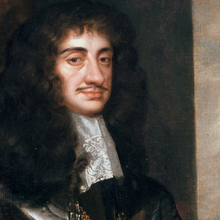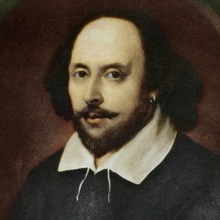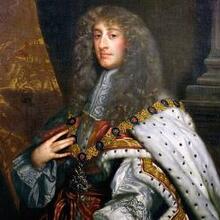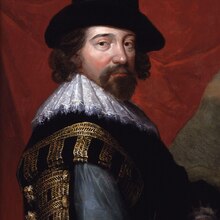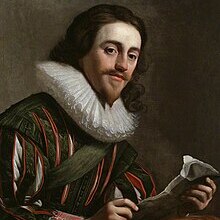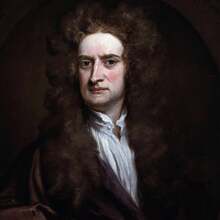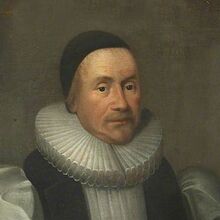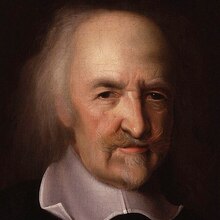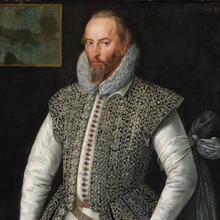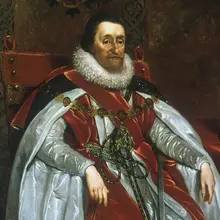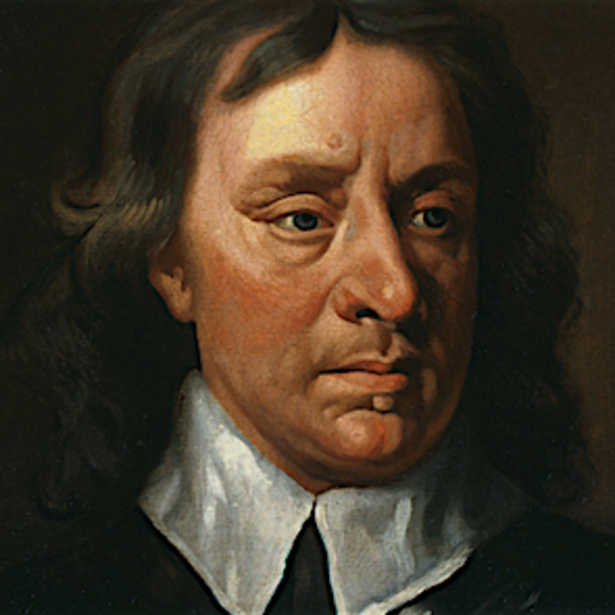
Personal
Other names:
Job / Known for:
Leader of the Parliamentarian army
Left traces:
The Protectorate and the abolition of the monarchy
Born
Date:
1599-04-25
Location:
GB
Huntingdon, Huntingdonshire, England
Died
Date:
1658-09-03 (aged 59)
Resting place:
GB
Death Cause:
Complications of malaria and kidney stone disease
Family
Spouse:
Elizabeth Bourchier (m. 1620)
Children:
Robert, Oliver, Bridget, Richard, Henry, Elizabeth, James, Mary, Frances
Parent(s):
Robert Cromwell (father) and Elizabeth Steward (mother)
QR Code:
Show More
Rank
Users ranking to :
Thanks, you rate star
Ranking
5.0
1
About me / Bio:
Show More
Article for Oliver Cromwell
Died profile like Oliver Cromwell
Comments:

